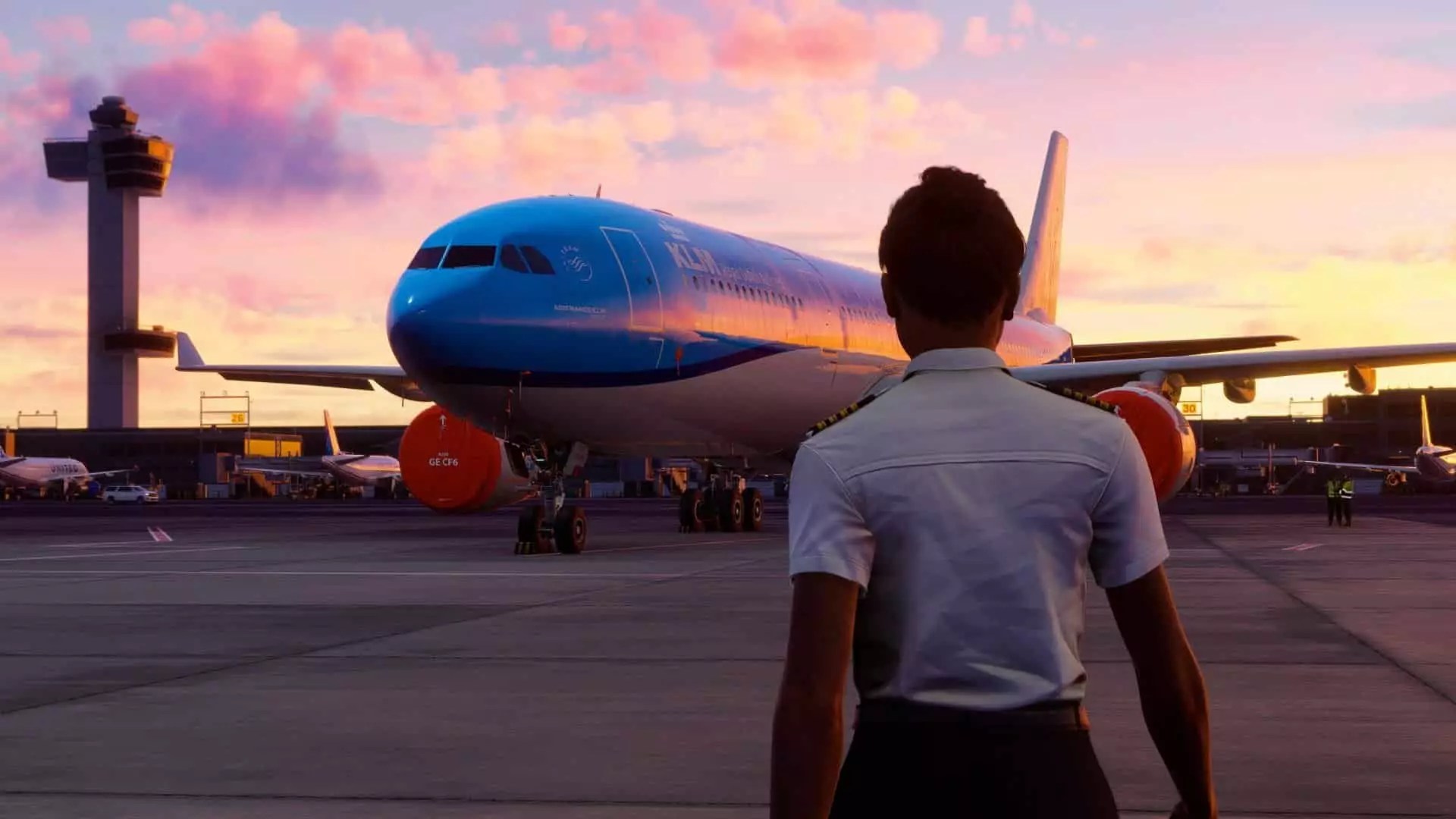The launch of Microsoft Flight Simulator 2024 was met with a tumultuous reception, predominantly mired in technical difficulties that left many players unable to fully experience the game. From significant loading screen delays to negative reviews flooding platforms like Steam, the inaugural day was far from triumphant. This situation raises pertinent questions not just about the specific challenges faced by the developers, Asobo Studio, but also sheds light on broader issues regarding game launches, player expectations, and technical readiness.
At the heart of the chaos was the surprising surge in player numbers on launch day. Asobo Studio’s CEO, Sebastian Wloch, admitted their estimates of around 200,000 concurrent players were grossly underestimated. In an age where many game launches see overwhelming participation, this miscalculation highlights the need for more rigorous testing protocols that simulate the real-world player load more accurately.
This scenario evokes a sense of disappointment for players who had anticipated a seamless experience. Instead of diving into immersive gameplay, many found themselves stuck on interminable loading screens. Such a stark contrast between expectation and reality can diminish player trust, potentially impacting the game’s long-term reputation.
The specific technical issues arose from Asobo’s new systems integrated into the game, particularly in its career mode. These systems rely heavily on real-time data exchange between the player and a server managing a vast database of content. For players, this backward communication is essential for generating the dynamic experiences touted by the developers. However, the failure of the caching mechanism to handle simultaneous requests underscored a major flaw in the pre-launch testing process.
Wloch’s comments illuminate a key learning point for developers: understanding that peak demand can far exceed simulations. While earlier load tests were presumably controlled environments, they failed to encapsulate the frenzy of excited fans eager to explore the latest iteration of a beloved franchise. The lack of adequate preparations not only exacerbated the situation but also illuminated potential holes in the company’s capacity for scaling.
In a bid to alleviate server strain, Asobo Studio briefly implemented a throttle—restricting the number of players who could access the game simultaneously. Although this measure worked for a fleeting period, it ultimately proved inadequate. Wloch’s commentary on mostly temporary fixes illustrates a critical flaw in crisis management: an overreliance on quick solutions rather than addressing underlying systemic issues.
The throttling not only failed to maintain a steady player load but also resulted in a frustrating experience for consumers already experiencing prolonged wait times. Such strategies, while well-intended, can inadvertently contribute to player dissatisfaction and disengagement.
The response from Jorg Neumann, Head of Microsoft Flight Simulator, showcased an important facet of customer service in the gaming industry—the acknowledgment of player frustration and sincere apologies. While this human element may not rectify the issues immediately, it helps in restoring confidence and conveys that the development team is committed to making amends.
It is crucial for technology companies, particularly those in gaming, to maintain a transparent line of communication with their community during times of crisis. Engaging players with regular updates about ongoing resolutions fosters a sense of partnership and shared struggle rather than detachment.
Looking Ahead: Hope for Improvement
As of now, both players and developers await meaningful improvements to rectify the challenges faced by Microsoft Flight Simulator 2024. Asobo Studio has committed to a robust ongoing assessment of their infrastructure, signifying hope for resolution in the coming days. Nevertheless, the situation demands introspection from not only Asobo but the wider gaming community regarding preparedness for launches.
Microsoft Flight Simulator 2024’s rocky start serves as a cautionary tale in the realm of game development. The excitement of a launch can easily cloud judgment regarding the practical requirements for a stable experience. Asobo Studio’s challenges might ultimately mesh into a pivotal chapter in their history if they emerge better equipped to handle future launches. With pledged improvements, players may soon find solace and possession in a well-functioning flight simulator experience.


Leave a Reply